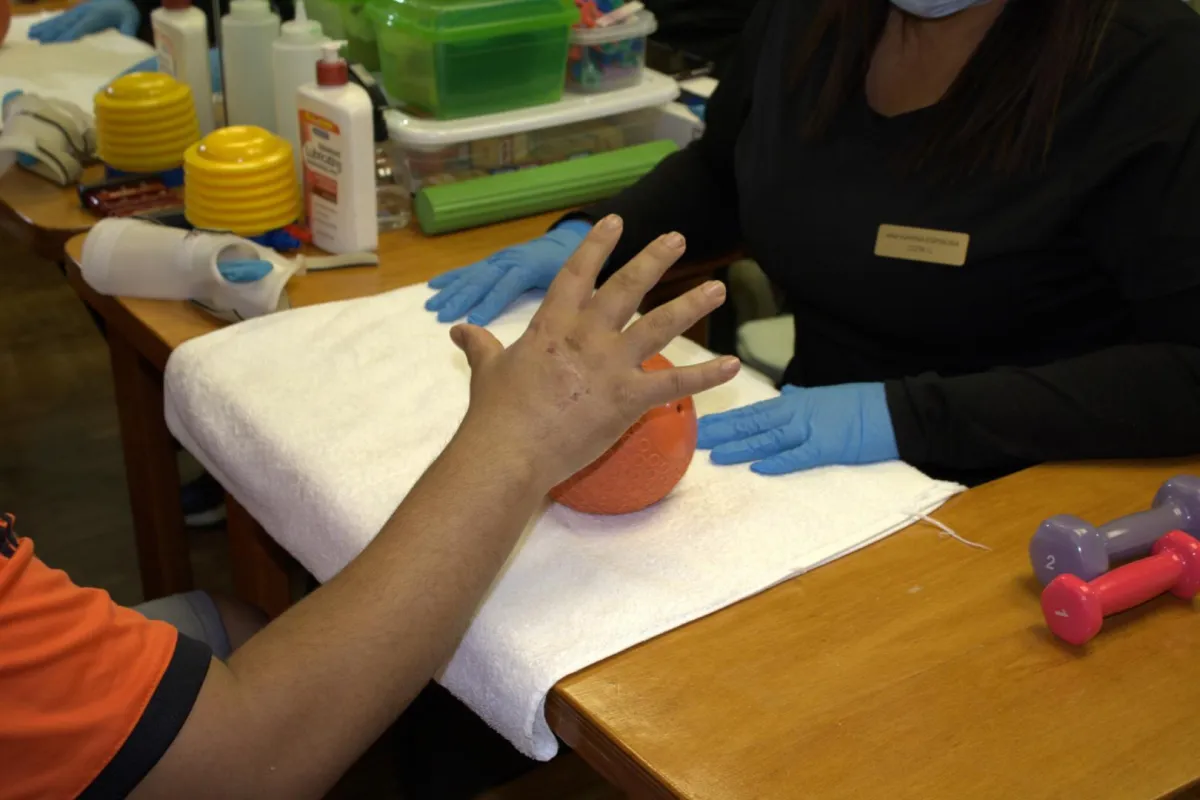Introduction to Occupational Therapy

Occupational therapy (OT) is a specialized form of therapy that focuses on helping individuals develop, recover, or maintain the daily living and work skills they need to lead meaningful and satisfying lives. Unlike physical therapy, which focuses on physical functioning and movement, occupational therapy addresses the broader impact of an illness, injury, or disability on a person's ability to perform day-to-day activities.
What is Occupational Therapy?
Occupational therapy involves the therapeutic use of everyday activities (occupations) to enhance or enable participation in roles, habits, and routines at home, school, workplace, community, and other settings. Occupational therapists work with people of all ages who, because of physical, cognitive, developmental, or emotional challenges, need specialized assistance to lead independent, productive, and satisfying lives.
Types of Injuries or Illnesses That Benefit from Occupational Therapy
Physical Disabilities:
Conditions like arthritis, multiple sclerosis, or injuries requiring amputation can benefit from OT, which helps improve the skills needed for daily activities and work.
Mental Health Issues:
Occupational therapy plays a crucial role in helping individuals with mental health issues, including depression, anxiety, or schizophrenia, manage their daily routines and regain their roles in society.
Neurological Conditions:
Patients recovering from stroke, brain injuries, or living with diseases like Parkinson’s or Alzheimer’s disease often need occupational therapy to manage their daily activities.
Pediatric Conditions:
Children with developmental disorders such as autism, attention deficit hyperactivity disorder (ADHD), or learning disabilities can benefit from occupational therapy. It helps develop essential skills for learning and performing self-care tasks.
Geriatric Concerns:
Elderly patients dealing with dementia, Alzheimer’s, or the aftermath of a stroke use occupational therapy to improve their ability to perform daily functions independently or with minimal assistance.
Occupational therapy offers a unique benefit in that it helps improve the quality of life through:
Enhanced Independence:
OT provides tools and strategies to help individuals perform everyday tasks, improving their independence and reducing the need for care from others.
Improved Cognitive Functioning:
For those recovering from brain injuries or suffering from cognitive declines due to aging, occupational therapy can help in developing new cognitive strategies for memory, organization, and problem-solving.
Increased Participation in Social Activities:
Occupational therapy assists in adapting tasks and environments to enable participation in social, educational, and vocational activities, which is particularly vital for mental health and quality of life.
Better Coping Skills:
Occupational Therapists work with patients to develop better ways to deal with physical or mental health issues, which can include stress management techniques and adaptive methods for completing tasks.
Safety and Accessibility Improvements:
Occupational therapists often recommend changes in the environment, like installing grab bars or special toilet seats, to improve safety and accessibility at home.
Can a Person Recover Fully?
Full recovery using occupational therapy depends greatly on the type and severity of the condition being treated. For many chronic conditions, such as Parkinson’s disease or severe traumatic brain injuries, full recovery may not be possible; however, occupational therapy can provide significant tools and adaptations that enhance quality of life and functionality. In cases of temporary disabilities or recoverable conditions, patients may regain much or all of their prior level of function.
Occupational therapists set realistic goals with their patients, focusing on maximizing independence and participation rather than curing a disease. They evaluate the whole person, including their physical, emotional, and environmental needs, which means therapy is highly personalized.
Conclusion
Occupational therapy is a crucial part of recovery and adaptation for individuals facing physical, emotional, or cognitive challenges. It emphasizes practical solutions for living a fuller life despite limitations. By addressing the broad impacts of disability or illness, occupational therapy helps people live better, more satisfying lives through improved function and increased participation in society. Whether helping a child with disabilities to participate fully in school and social situations, supporting an adult recovering from injury to regain skills, or helping a senior adapt to new life challenges, occupational therapy provides essential support on the path to personal fulfillment.
Call Now to Book An Appointment and check your insurance benefits.
Every insurance company has it's own rules because each is an individual entity/company. Some insurance plans have high deductibles which means that you would have to pay for the treatments before the insurance company pays. Some require authorization. The authorization process can take a day to a week. Every company is different. Usually the insurance company will require the notes from the doctor who ordered the therapy and even a phone call to the doctor before they authorize the treatment. If the treatment is not authorized, the clinic cannot see you and get paid. Therefore we cannot treat a patient needing authorization until the authorization number is given by the insurance company. We hope you understand our reservation but like any other business we need to get paid so we can pay our staff and bills.
Quick Links
Contact Us
(561) 964-2526
rehabcentercare22@gmail.com
3618 Lantana Rd, Suite 202
Lake Worth, FL 33462
